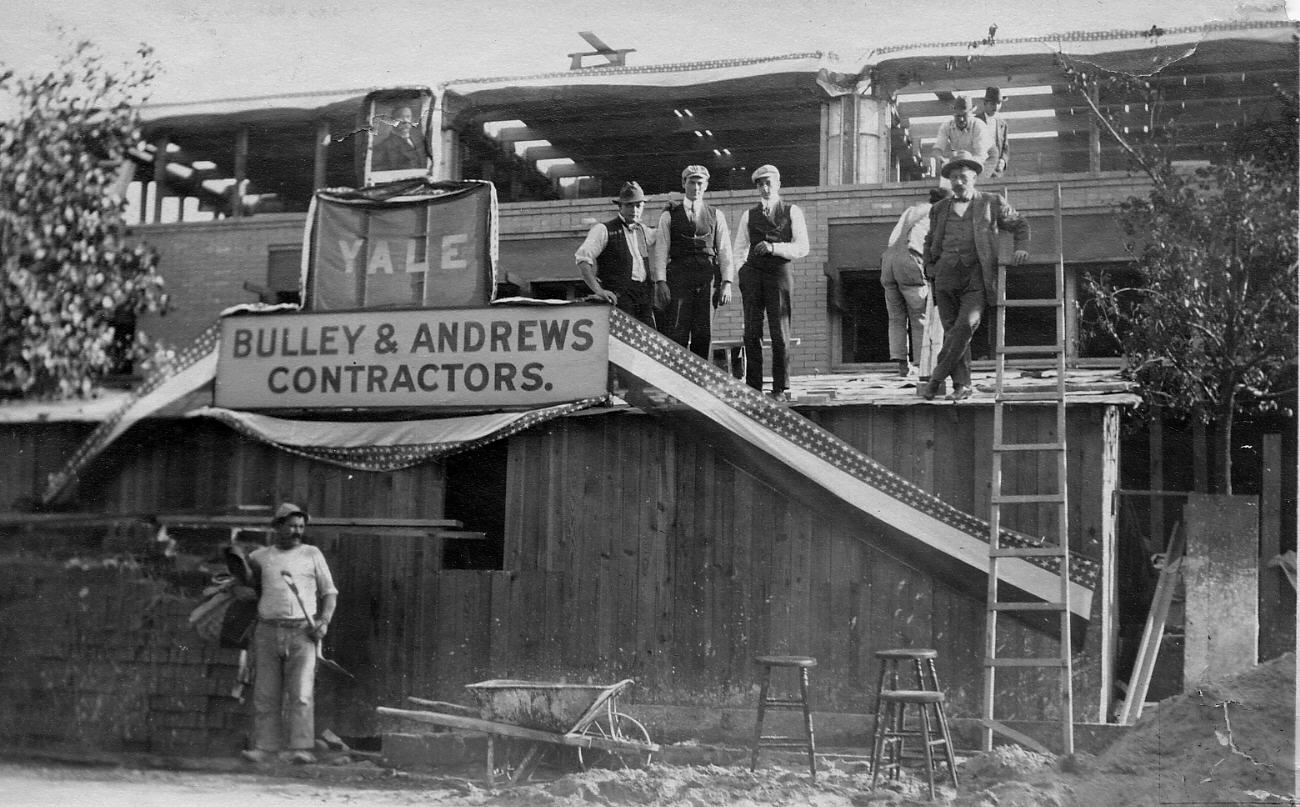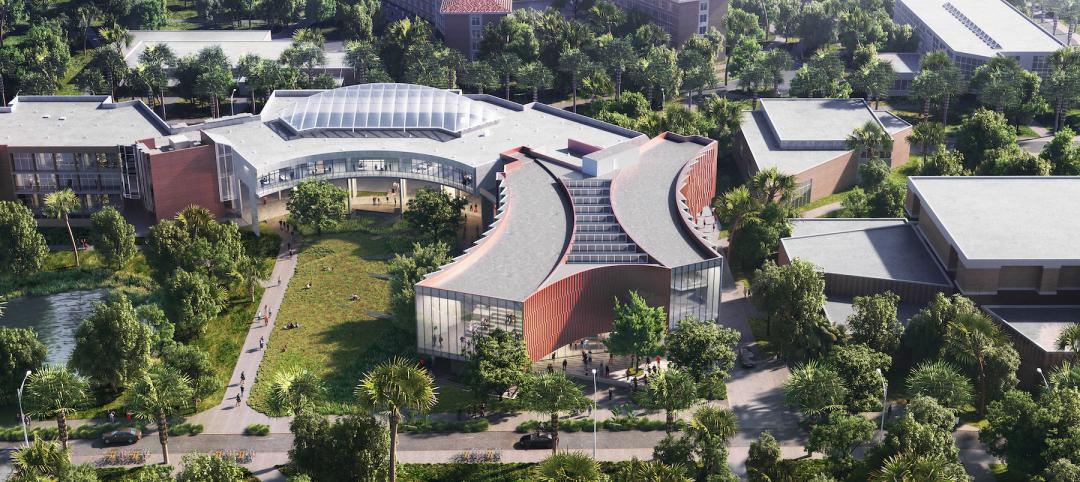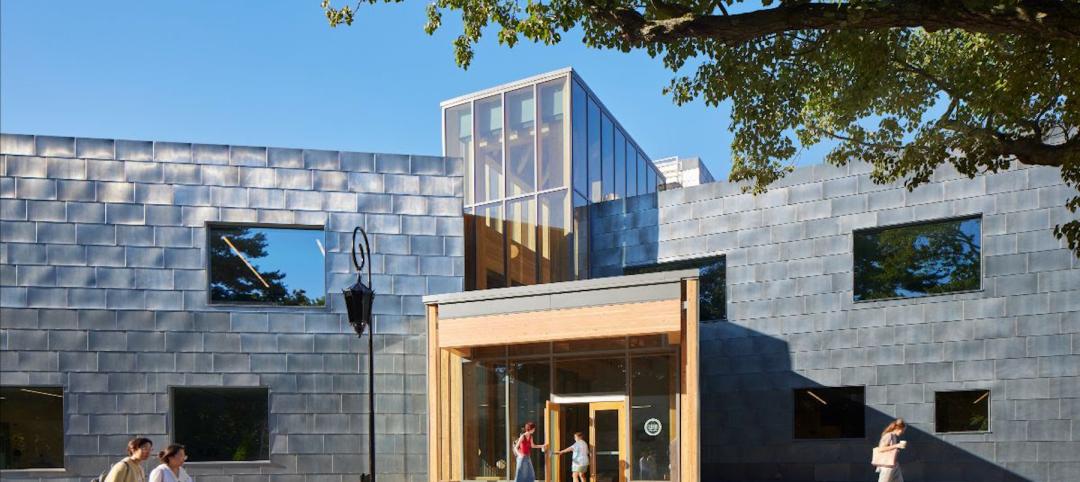In 1891, Frederick Bulley, a 21-year-old English stone mason, partnered with Alfred Andrews, an architect. Four generations and 120 years later, the modest, two man operation has become one of the most successful and well-respected general contracting firms in Chicago.
This year, Bulley & Andrews is proud to celebrate 120 years in business. The family-owned and operated general contractor attributes this significant milestone to the strong foundation built decades ago on honesty, integrity, and service in construction. The firm will celebrate the momentous occasion by hosting an open-house gathering for clients, partners and friends of the firm at the Chicago Club on Thursday, October 13, 2011.
Chairman and CEO, Allan E. Bulley, Jr., and President, Allan E. Bulley, III are the third and fourth generations, respectively, to lead Bulley & Andrews. Yet, family pride and commitment to the firm extends far beyond ownership.
Today, Bulley & Andrews’ annual revenues exceed $210 million and the company employs approximately 70 project management and administrative staff as well as over 200 field personnel. As a self-performing contractor, B&A employs a number of tradesmen whose family histories with the organization span generations and include fathers, grandfathers, brothers and sisters, many of whom have been with the organization for over 25 years.
Significant events in the company’s history include the establishment of Bulley & Andrews Masonry Restoration, LLC, in 2005. Known as BAMR, the group oversees and performs all services necessary to maintain, protect and preserve a building’s exterior. Five years later, in 2010, Bulley & Andrews acquired the assets of Takao Nagai Associates to develop the subsidiary known as Takao Nagai Concrete Restoration. Their concrete repair and waterproofing expertise complements Bulley & Andrews’ extensive restoration experience.
Over the past 120 years, the company has built and restored many of Chicago’s most significant landmarks. Late in 1941, Bulley & Andrews was commissioned by the Atomic Energy Commission to build the laboratory space for the Manhattan Project. Located beneath Stagg Field at The University of Chicago, the project was built in complete secrecy. Decades later, Bulley & Andrews has helped to construct McDonald’s corporate campus in Oak Brook, Ill., restore Frank Lloyd Wright’s famed Robie House and maintain and expand S&C Electric’s campus on the northside. The firm is currently building the world’s largest Ronald McDonald House in downtown Chicago. BD+C
Related Stories
Building Team | Oct 27, 2022
Who are you? Four archetypes shaping workspaces
The new lifestyle of work requires new thinking about the locations where people work, what their workflow looks like, and how they are performing their best work.
Codes and Standards | Oct 27, 2022
Florida’s Surfside-inspired safety law puts pressure on condo associations
A Florida law intended to prevent tragedies like the Surfside condominium collapse will place a huge financial burden on condo associations and strain architecture and engineering resources in the state.
University Buildings | Oct 27, 2022
The Collaboratory Building will expand the University of Florida’s School of Design, Construction, and Planning
Design firm Brooks + Scarpa recently broke ground on a new addition to the University of Florida’s School of Design, Construction, and Planning (DCP).
Building Team | Oct 26, 2022
The U.S. hotel construction pipeline shows positive growth year-over-year at Q3 2022 close
According to the third quarter Construction Pipeline Trend Report for the United States from Lodging Econometrics (LE), the U.S. construction pipeline stands at 5,317 projects/629,489 rooms, up 10% by projects and 6% rooms Year-Over-Year (YOY).
Data Centers | Oct 25, 2022
Virginia county moves to restrict the growth of new server farms
Loudoun County, Va., home to the largest data center cluster in the world known as Data Center Alley, recently took steps to prohibit the growth of new server farms in certain parts of the county.
Museums | Oct 25, 2022
Seattle Aquarium’s new Ocean Pavilion emphasizes human connection to oceans
Seattle Aquarium’s new Ocean Pavilion, currently under construction, features several exhibits that examine the human connection with the Earth’s oceans.
Energy-Efficient Design | Oct 24, 2022
Roadmap shows how federal buildings can reach zero embodied carbon emissions by 2050
The Rocky Mountain Institute (RMI) has released a roadmap that it says charts a path for federal buildings projects to achieve zero embodied carbon emissions by 2050.
Higher Education | Oct 24, 2022
Wellesley College science complex modernizes facility while preserving architectural heritage
A recently completed expansion and renovation of Wellesley College’s science complex yielded a modernized structure for 21st century STEM education while preserving important historical features.
Transportation & Parking Facilities | Oct 20, 2022
How to comply with NYC Local Law 126 parking garage inspection rules
Effective January 1, 2022, New York City requires garage owners to retain a specially designated professional engineer to conduct an assessment and file a report at least once every six years. Hoffmann Architects + Engineers offers tips and best practices on how to comply with NYC Local Law 126 parking garage inspection rules.
Architects | Oct 20, 2022
Michael Graves Architecture acquires Jose Carballo Architectural Group
Michael Graves Architecture (MG), an award-winning global leader in planning, architecture, and interior design based in Princeton, NJ, announces the acquisition of Jose Carballo Architectural Group (JCAG), a New Jersey-based architecture firm.

















